Humans
Sign up for our newsletter
We summarize the week's scientific breakthroughs every Thursday.
-
 Health & Medicine
Health & MedicineDrop in vaping drives tobacco product use by U.S. youth to a record low
The fewest number of U.S. middle and high school students are currently using tobacco products since the National Youth Tobacco Survey began in 1999.
-
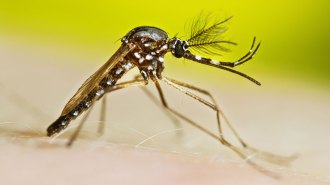 Health & Medicine
Health & MedicineMale mosquitoes sometimes suck, too
Blood isn’t actually toxic to all male mosquitos. In at least one virus-carrying species, it may even help them live longer.
-
 Health & Medicine
Health & MedicineA new implant tested in animals reverses drug overdoses
In pigs, the device detected overdoses and administered naloxone. It could also alert emergency services to respond.
By Anna Gibbs -
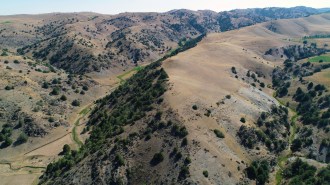 Archaeology
ArchaeologySilk Road cities reached surprising heights in Central Asia’s mountains
Drones with lasers revealed hidden urban centers that may have aided trade and travel through mountainous regions during medieval times.
By Bruce Bower -
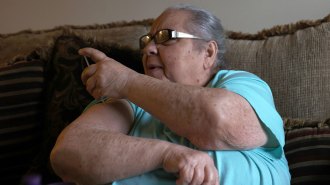 Health & Medicine
Health & MedicineOnce-weekly insulin might mean fewer shots for some with diabetes
Recent clinical trials of weekly insulin highlight how this formulation may be useful in managing diabetes, but the drug has limitations.
-
 Health & Medicine
Health & MedicineDoula care may lead to fewer C-sections or preterm births
A new study comparing the health outcomes of Medicaid patients with and without a doula suggests the extra support during pregnancy may be beneficial.
-
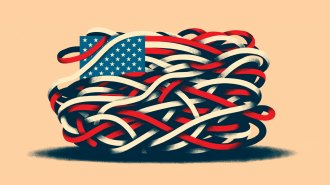 Science & Society
Science & SocietyIs U.S. democracy in decline? Here’s what the science says
Political scientists disagree over how to interpret a slight dip in the health of U.S. democracy.
By Sujata Gupta -
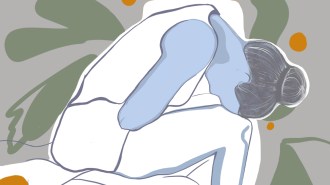 Health & Medicine
Health & Medicine50 years ago, chronic pain mystified scientists
Chronic pain has puzzled scientists for decades, but diagnoses and treatments have come a long way.
By Aina Abell -
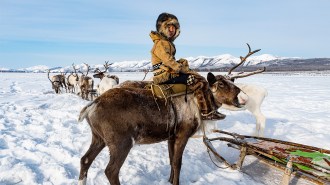 Psychology
PsychologyNavigation research often excludes the environment. That’s starting to change
Participants “navigating” on a lab computer have shaped navigation knowledge. Studies that add in the environment challenge those findings.
By Sujata Gupta -
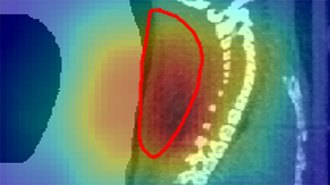 Physics
PhysicsRadioactive beams give a real-time view of cancer treatment in mice
This first successful treatment of tumors with radioactive ion beams could one day lead to treating human patients’ tumors with millimeter precision.
-
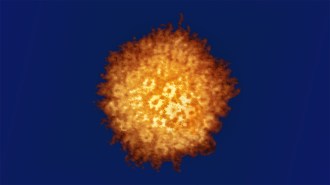 Health & Medicine
Health & MedicineA viral gene drive could offer a new approach to fighting herpes
A new gene drive can copy and paste itself into the genomes of herpes simplex viruses in mice. The end goal is a version that disables the virus in humans.
By Meghan Rosen -
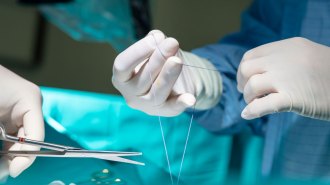 Health & Medicine
Health & MedicineNew electrical stitches use muscle movement to speed up healing
In rats, the sutures hastened recovery and reduced the risk of infection.